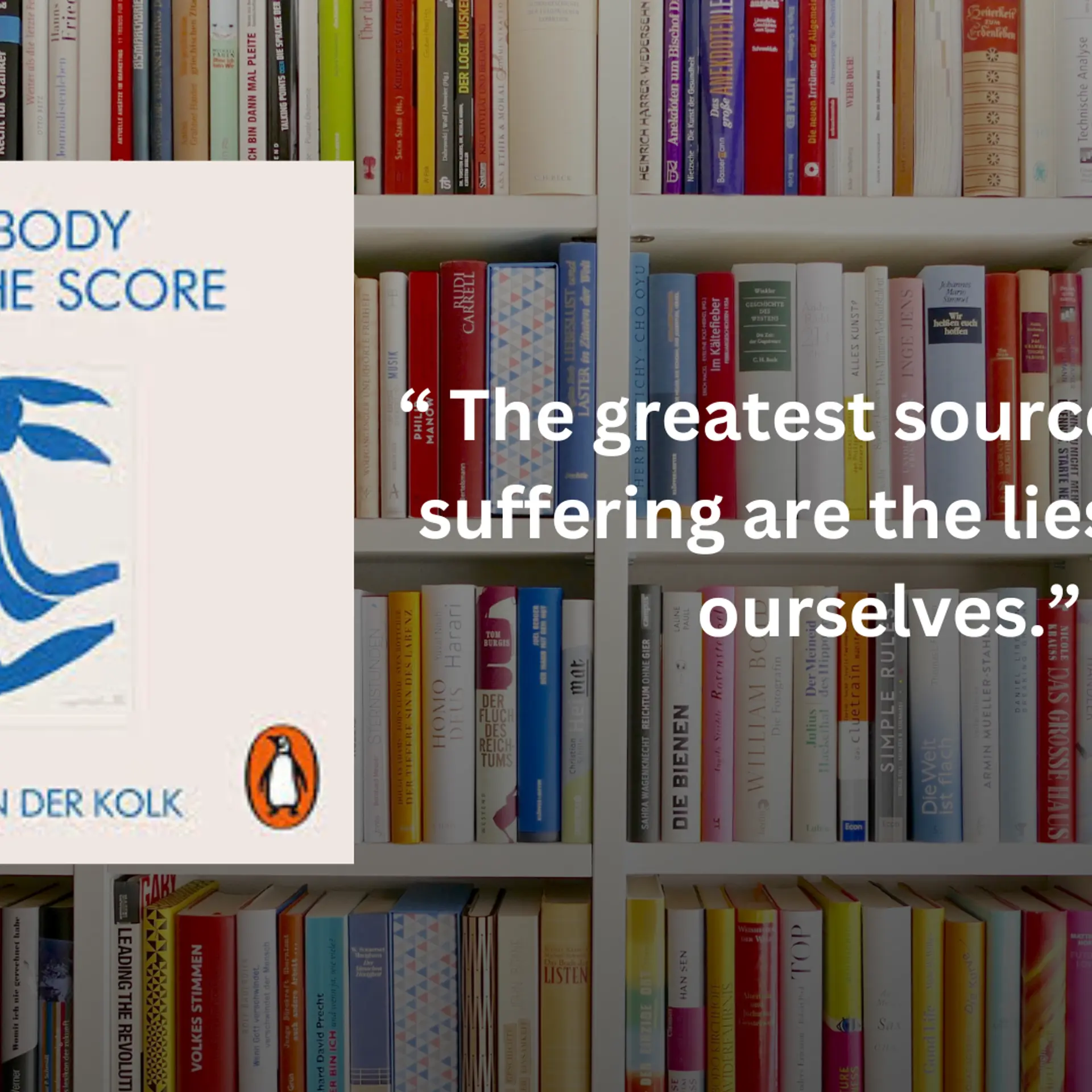[100 Emerging Women Leaders] How Sminu Jindal is making public spaces disabled-friendly
As a woman in a wheelchair in the male-dominated steel, oil, and gas industries, Sminu Jindal has been instrumental in shaping policies and projects that promote mobility and accessibility for all.
Born into a family of industrialists, Sminu Jindal’s journey took an unexpected turn when an accident left her wheelchair-bound at the age of eleven. Yet, the Managing Director of Jindal SAW Ltd and Founder of Svayam recalls those early years with a unique perspective.
“For a long time, I thought I was the only one in a wheelchair,” she says.
Growing up, she rarely encountered anyone with a similar disability, which she says left her feeling “special” rather than “different.” However, she also realised that the world around her was not designed for people with reduced mobility. While her family adapted the home according to her needs, Jindal saw firsthand the limitations faced by millions of others without similar support systems.
Determined to break these barriers, Jindal launched Svayam, an organisation dedicated to creating inclusive spaces for people with reduced mobility.
“As I began meeting others with mobility issues, I saw a significant lack of awareness about early intervention and government support,” she says. Svayam’s initial goal was to provide a digital platform that offered people with disabilities information covering everything from developmental resources for children to applying for government ID cards.
While studying India’s infrastructure landscape through Svayam’s accessibility audits, Jindal identified that the largest gaps stemmed from a lack of consideration in design and planning. “Accessibility is often an afterthought rather than part of the initial blueprint,” she says.
She found common errors such as ramps lacking railings or correct gradients, making them essentially unusable. In public spaces, barriers like unnecessary bollards can render accessible pathways challenging to use. “Accessibility needs to be more than just compliance; it’s about integrating human-centric design,” she adds.
Through Svayam, Jindal decided to make public spaces accessible, including the Qutub Minar. Gaining approval for the project required extensive efforts and over 200 meetings with the Archaeological Survey of India, but Jindal remained undeterred, and these efforts paid off when Svayam won a national award. This project focused on making the historic UNESCO World Heritage site accessible to people with disabilities and the elderly. It was a collaboration between Svayam and the Archaeological Survey of India, and included modifications to pathways, ramps, and other structural adaptations to ensure barrier-free access.
“Making such an iconic site accessible was immensely rewarding. It wasn’t just about providing access but also about breaking a psychological barrier,” says Jindal.
Another impactful initiative was Svayam’s involvement in India’s Census 2011, pushing for the inclusion of disability statistics to allow for better resource allocation. Most recently, Svayam’s campaign for Accessible Family Toilets (AFT) in rural India reached 138 districts across 14 states, impacting over 2.5 million lives through targeted awareness initiatives.
Running a company
Entering the family business was another significant turning point for Jindal. At just 19, she joined Swastik Foils and encountered the challenges that came with breaking into the male-dominated steel, oil, and gas sectors. “On my first day, the entire top management resigned, refusing to report to a woman in a wheelchair,” she recounts.
Taken aback but unfazed, Jindal fought on, ultimately winning over the team with a futuristic vision and resilience. She believes that building mutual respect is key and places importance on recognising the challenges her employees face, whether it’s enduring long hours at the furnace or adapting to newer, safer technologies.
Jindal’s journey through an industry traditionally dominated by men has come with its own lessons. She says the strengths women bring to the table are unique and rewarding. “Women bring diverse perspectives, emotional intelligence, and an inclusive approach, which drives sustainable growth,” she says. She adds that inclusivity isn’t just about hiring more women; it’s about fostering a workplace environment that values varied viewpoints.
Sustainability is another core value embedded within Jindal SAW’s operations, says Jindal. The company’s approach centres around Environmental, Social, and Governance (ESG) principles, focusing on renewable energy, health and safety, and corporate social responsibility.
According to Boston Consulting Group and the World Economic Forum, the steel industry is one of the largest contributors to global carbon emissions, responsible for approximately 7–9% of total emissions worldwide. This high impact is due primarily to the energy-intensive processes required in steel production, especially the use of blast furnaces that rely on fossil fuels like coal to extract iron from ore.
“We recognise that our industry has a responsibility to prioritise sustainable practices,” she says, detailing efforts such as sustainable sourcing, water conservation, and zero liquid discharge. Under her leadership, Jindal SAW has committed to creating infrastructure that’s accessible, inclusive, and environmentally friendly.
On creating inclusive spaces, Jindal highlights the importance of shifting perceptions. She advocates for a language change from “disability-friendly” to “accessibility for all,” noting that accessibility affects everyone, not just those with disabilities.
“The biggest hurdle lies in our mindset,” she says. “Inclusive design isn’t just an added feature; it should be the default.” Jindal also believes that adopting universal design principles, from the planning phase itself, will make public spaces and industrial facilities more accessible for people of all mobility levels.
On facing challenges, Jindal advises other women that inclusivity, resilience, and a determination to break barriers can drive meaningful change.
“We have to see challenges as opportunities for growth, whether in business, family, or advocating for change.” She credits access to education and an unwavering family, as the pillars that enabled her to rise above her challenges and forge ahead.
(The copy was updated with corrections.)
Edited by Kanishk Singh


![[100 Emerging Women Leaders] How Sminu Jindal is making public spaces disabled-friendly](https://images.yourstory.com/cs/4/f9bdfa20c75811ed9569e5d19beae38b/100EWLSminu-JindalFeatureImage-1730838555999.jpg?mode=crop&crop=faces&ar=16%3A9&format=auto&w=1920&q=75)




